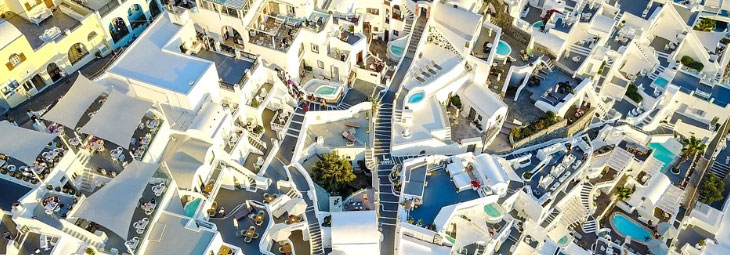


We, representatives from UN-Habitat and relevant sectors of different countries (regions), gather in Xiamen, a fantastic city, and participate in the “World Cities Day Forum 2016” on October 31st, 2016. Centering on the theme of “Inclusive Cities, Shared Development”, we discuss and share the valuable experience in the development of cities around the world.
We agree that:
As the embodiment of human civilization, the city has made outstanding contributions to the prosperity and development of the world. Urbanization has brought huge civilization achievements and great challenges to the sustainable development of human society. At present, different countries and regions in different stages of urbanization have shown various characteristics and have been faced with diverse problems of the urban development. However, they share a common mission, namely, to carry forward historical heritage, to pursue sustainable development, to create a better future and to benefit mankind.
“World Cities Day” acts as an essential platform for countries and regions to share the experience and deal with issues in urban development, and also is conducive to the communication and cooperation among cities.
We support the New Urban Agenda and the relevant resolutions adopted by United Nations Conference on Housing and Sustainable Urban Development (Habitat III) which convened recently.
To respond to and implement the New Urban Agenda, we have a common initiative:
Comprehensive cooperation in an open and inclusive way. The city is the collective crystallization of human civilization. Cities should uphold the principle of openness and inclusiveness, seize the strategic development opportunities for all countries and regions against the backdrop of globalization (such as “the Belt and Road” Initiative), and carry out all-round cooperation in fields like society, economy, environment, technology, resources, culture, infrastructure and public service.
Ecological civilization featuring green life and low carbon. The city is a combination of natural and artificial environment. Urban development should follow the vision of sustainable development that is people-oriented, resource-conserving as well as environment-friendly and promote a green lifestyle and low-carbon production through effective planning, construction and management. Only in this way can a beautiful homeland where man and nature live in harmony be built.
Everlasting prosperity driven by innovation. City is the engine of economy and urban development should take advantage of scientific and technological innovation, and encourage creating more jobs through a variety of channels or ways, so as to maintain the prosperity of the city and vitalize the city.
Carry forward the historical heritage and pursue uniqueness and diversity. The city is a melting pot of cultures. Urban development should put emphasis on the protection of cultural heritage, retain its own unique regional culture and shape a distinctive look through new ways of city planning and design.
A livable city shared by all. The city is a homeland for people from different social groups. Urban development should put in place sophisticated and reasonably arranged public service which is available to all in medical, health, education, pension and other fields, and create a civilized and livable urban community for all citizens.
Solid foundation and flexible measures. The sound and efficient operation of the city depends on the excellent infrastructure. Urban development should continue to strengthen the construction of sustainable infrastructure, build a green environment, effectively improve the city’s “self-purification” ability, enhance its resilience in dealing with disasters and climate change, and ensure security for all.
Advanced technology and smart development. City is the birthplace and testing ground of advanced technologies, so the urban development shall make good use of frontier technologies. The city should transform itself into a smart one, carry out smart urban governance and public service, and make scientific and technological innovation a new driver of its development.
Build, enjoy, govern and manage the city together. Each citizen is a part of the city and urban development relies on the joint efforts. Everyone has access to the fruits and a mechanism featuring equal rights and fair development should be created. Thus the city can be a homeland for all indeed.
We believe that, the broad cooperation among different countries and regions, as well as the initiative on building, enjoying, governing and manage the cities by all will be a consensus in building more beautiful and livable cities. A better city will bring forth a better life in the future!